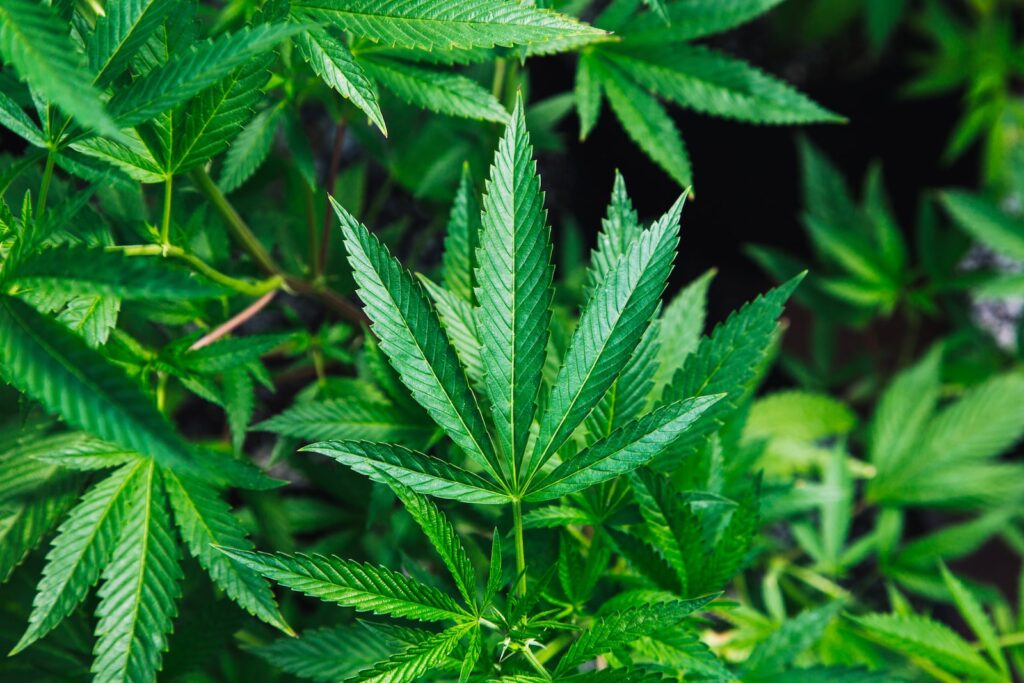- Marijuana is the most commonly used illicit drug, with over 15 million users in the United States
- Pharmacologically, the principal psychoactive constituent of cannabis is THC; it is one of 483 known compounds in the plant, including at least 84 other cannabinoids
- Marijuana, or cannabis, is a plant grown mainly for its psychoactive chemical properties of the drug THC.
- Marijuana can be smoked, ingested, or processed into other forms such as Kief, Hashish, oils and infusions, as well as other adulterants.
- There are some beneficial properties of Marijuana, it can help a person suffering with chronic nausea or vomiting, as well as stimulate appetite in someone being treated with chemotherapy or those suffering with the aids virus
- Clear signs of someone under the influence: loss of balance regulation, a decrease concentration or coordination, become paranoid or feel panicked, increased heart rate, dry mouth, red eyes, muscle relaxation.
- Though the long-term effects of cannabis have been studied, there remains much to be concluded, however, it has been discussed that prolonged use can contribute to: heart disease, bipolar disorder, depression, mood swings, schizophrenia, effects on intelligence and memory, and learning disorders.
- Some withdrawal symptoms include: irritability, sleeping difficulties, craving, anxiety, and increased aggression.
Marijuana Addicts Can Recover
There are treatment centers and many beneficial programs focused around behavioral, emotional, and spiritual counseling,
Also, abstinence-based meetings such as Narcotics Anonymous and Marijuana Anonymous.



